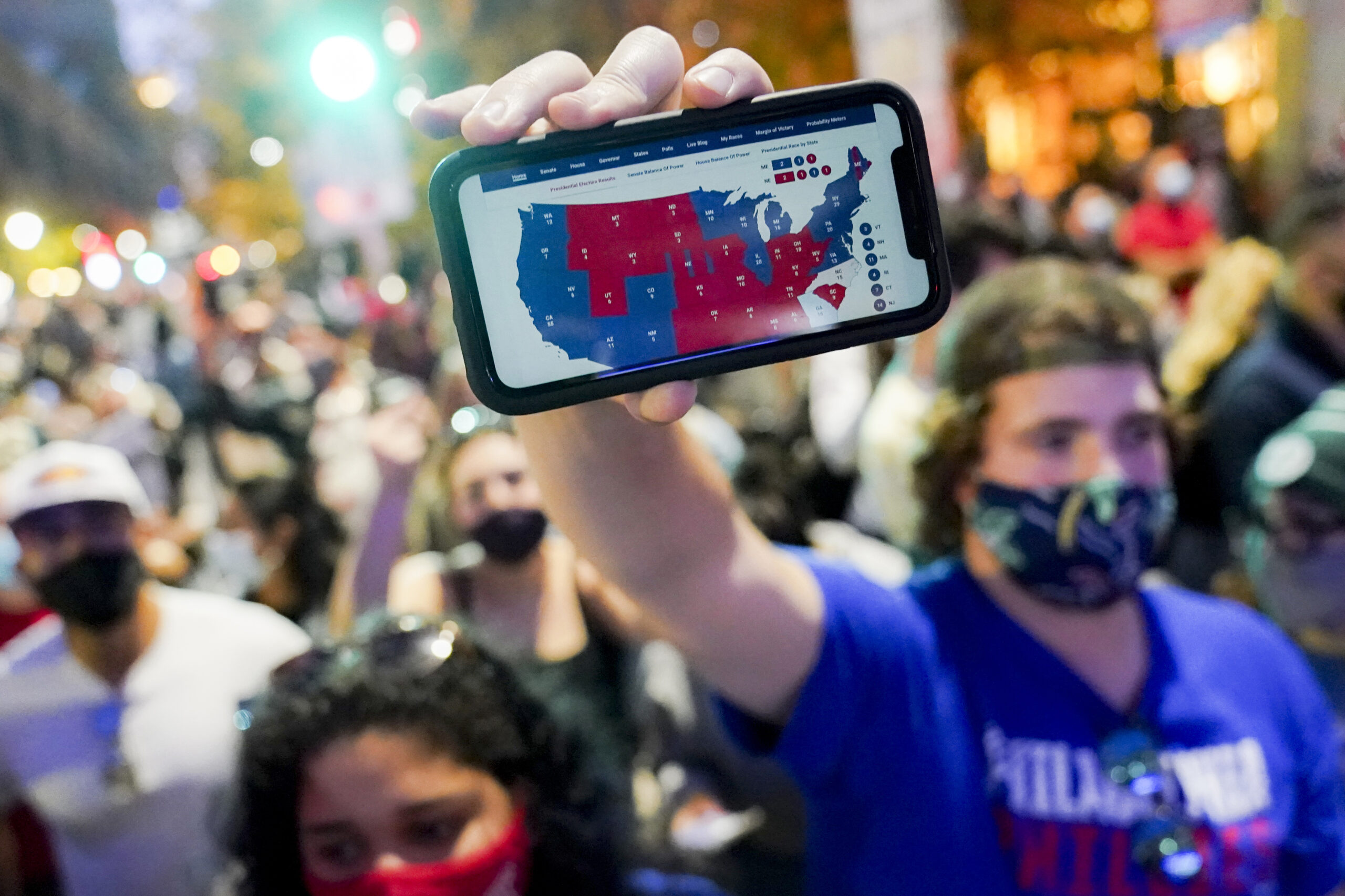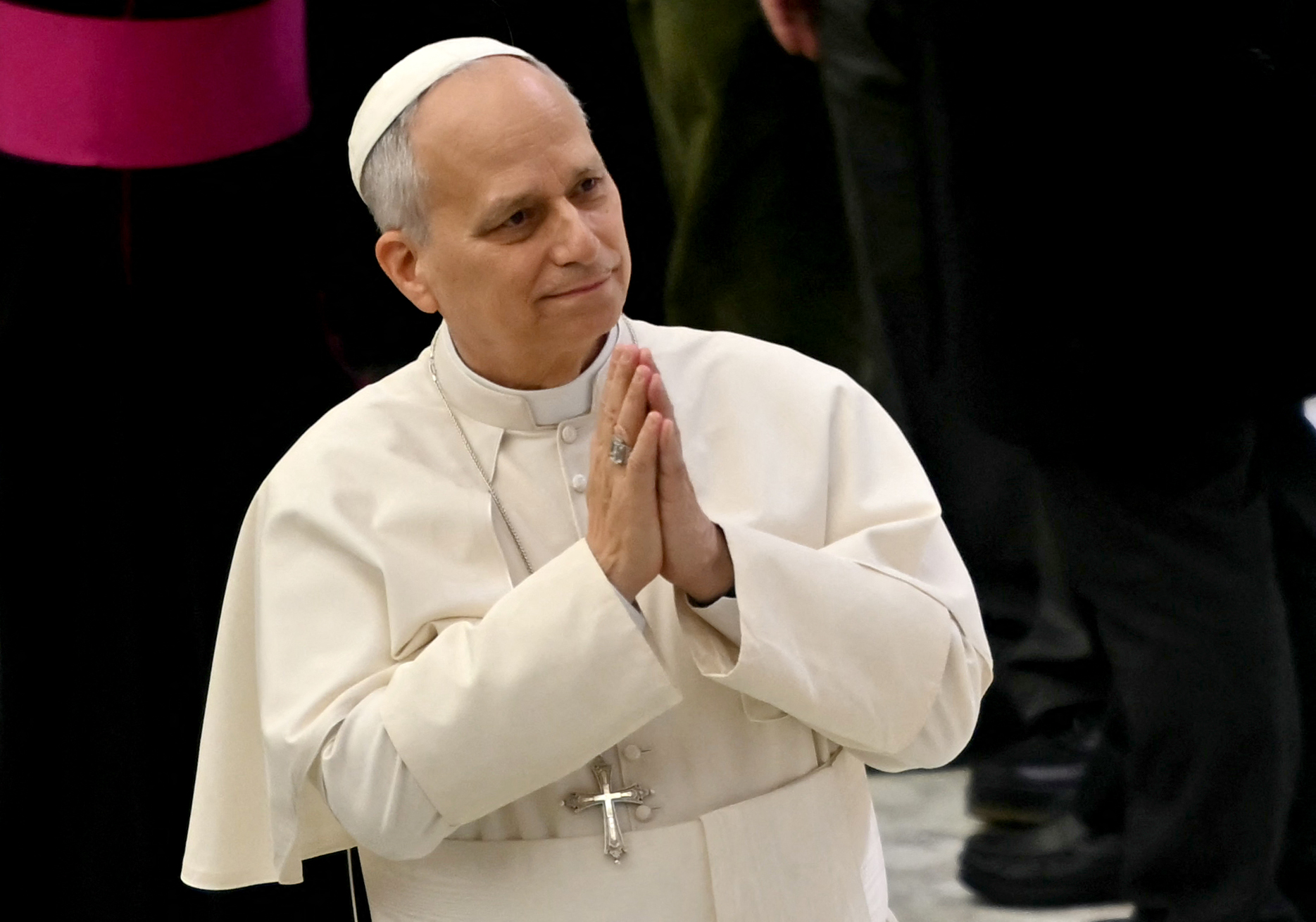
CAMBRIDGE, MASSACHUSETTS - JULY 08: A view of the campus of Harvard University on July 08, 2020 in Cambridge, Massachusetts. Harvard and Massachusetts Institute of Technology have sued the Trump administration for its decision to strip international college students of their visas if all of their courses are held online. (Photo by Maddie Meyer/Getty Images)
A federal court hearing took place today as attorneys for Harvard University and the U.S. Department of Justice engaged in a legal battle over a significant funding freeze. The Trump administration’s decision to halt $2 billion in federal funding to Harvard is under scrutiny, with both sides urging the judge to deliver a ruling on the matter.
The hearing addressed the implications of the funding freeze, which officials argue could severely impact the university’s operations and research initiatives. Harvard’s legal team asserted that the decision was politically motivated and not based on legitimate concerns. The outcome of the hearing could set a precedent for similar disputes between educational institutions and government funding policies.
In a related development, Treasury Secretary Scott Bessent stated that the United States is not prioritizing trade agreements ahead of a looming August 1, 2023 deadline. His remarks included commentary on ongoing trade negotiations with China, highlighting the complexities surrounding international trade policies and their implications for various sectors.
As discussions unfold regarding the technology sector, concerns have been raised about allowing Nvidia’s H20 chips to be exported to China. Analysts worry that these advanced chips could be utilized in military applications, heightening tensions in the technology race between the two nations. Insights from military analysts indicate that the chips might enhance China’s capabilities in areas such as artificial intelligence and military hardware.
The court’s decision on the funding freeze and the broader implications of trade policies underscore the ongoing tensions in U.S. relations with China. As the legal proceedings continue, the ramifications for both educational institutions and international trade remain a focal point in the conversation surrounding national security and economic strategy.






